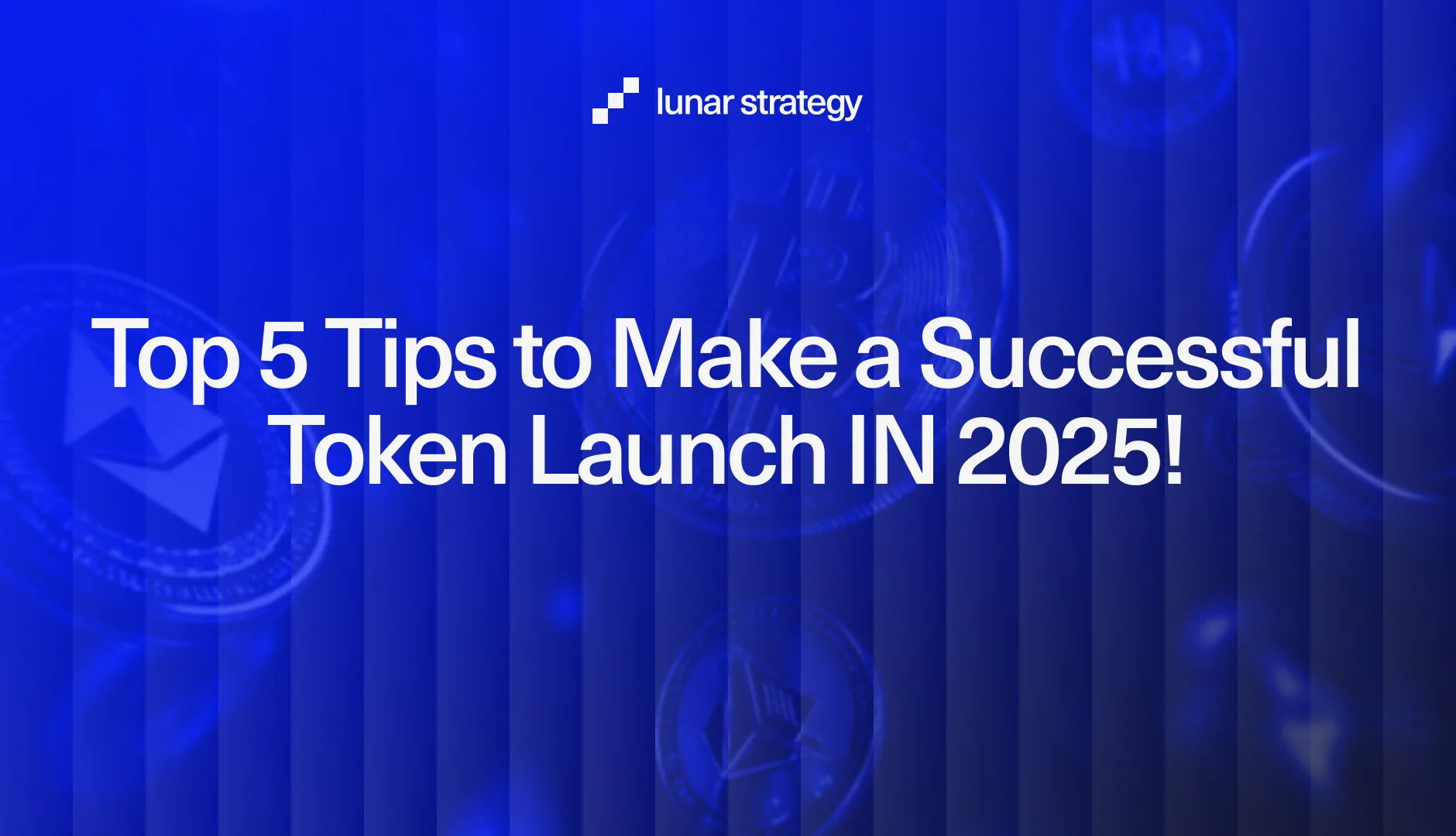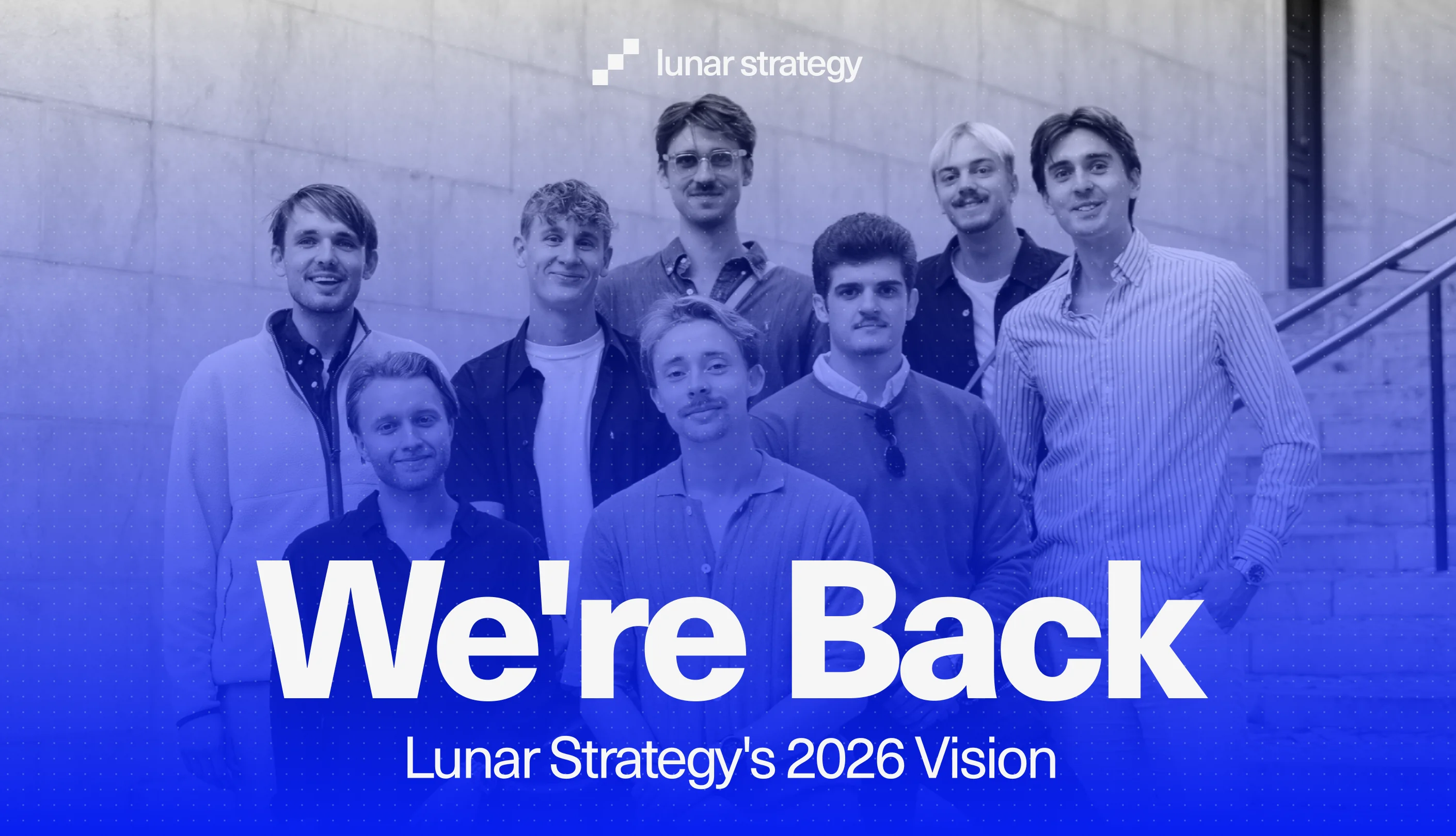What are Tokens?
Tokens in the cryptocurrency world are digital assets or units of value that are created on an existing blockchain, like Ethereum. Unlike cryptocurrencies such as Bitcoin, which have their own blockchain, tokens leverage the infrastructure of a blockchain to exist. Think of tokens as certificates or tickets that can represent various things:
- Utility Tokens: These tokens provide access to a product or service. For example, you might need a certain token to use a platform's features or to vote in its governance.
- Security Tokens: These are like stocks or bonds in the traditional financial world, representing ownership or investment in an asset or company.
- Payment Tokens: Used as a medium of exchange, similar to fiat currency but within a specific ecosystem.
- Non-Fungible Tokens (NFTs): Unique digital assets representing ownership of unique items like art, music, or virtual real estate.
Tokens can be programmed with specific functionalities, making them versatile for different use cases within the blockchain ecosystem.
Why Do Companies Launch Tokens?
Companies launch tokens for several compelling reasons:
- Funding: Tokens can be sold to raise capital for project development without diluting equity. This method, often seen in ICOs (Initial Coin Offerings), allows startups to bypass traditional venture capital routes.
- Community Engagement: By distributing tokens, companies can cultivate a community of users who are financially invested in the project's success. This can lead to a more engaged user base, providing feedback, promoting the project, and even taking part in its governance.
- Incentivization: Tokens can incentivize behaviors like network participation, content creation, or loyalty. For instance, a company might reward users with tokens for contributing to the platform's growth or for using the service regularly.
- Decentralization: Tokens help in decentralizing control. By distributing tokens, companies can shift some decision-making power to token holders, promoting a more democratic model.
- Liquidity: For projects, converting part of their equity or future revenue streams into tokens can provide liquidity to both the company and investors, allowing for easier trading on cryptocurrency exchanges.
Different Ways Companies Launch Tokens
- Initial Coin Offering (ICO): An ICO is a fundraising method where new tokens are sold to the public before the project is fully developed.
- Security Token Offering (STO): An STO involves issuing tokens that are classified as securities, thus regulated under existing financial laws.
- nitial Exchange Offering (IEO): Here, tokens are sold through a cryptocurrency exchange which acts as a sponsor for the token sale
- Decentralized Finance (DeFi) Launches: Tokens are often launched within DeFi ecosystems where users can earn tokens by providing liquidity or other services.
- Fair Launch: A launch where tokens are distributed without pre-mining or reserving tokens for insiders, aiming for equal opportunity.
Top 5 Tips for a Successful Token Launch
1. Ideation and Strategy:
From the outset, clarity on what your token does is vital. Define whether it's a utility token for a service, or perhaps a governance token for decision-making within your ecosystem.
- Research: Look at market needs, existing solutions, and gaps. What problem does your token solve? For instance, if you're creating a gaming token, ensure it adds value to the gaming experience, maybe by allowing in-game purchases or player governance.
- Vision: Craft a compelling narrative around your project. This isn't just about technology but about the future you're envisioning.
- Tokenomics: Design how your token will function within its ecosystem. Will there be a cap on supply? How will tokens be distributed? An example here is Ethereum's initial distribution, which was partly through an ICO to fund development.
2. Partnerships and Alliances:
Strategic partnerships can lend credibility, provide technical support, or open market channels.
- Choose Wisely: Look for partners who align with your project's vision. If you're building a DeFi platform, partnering with established players in the space can validate your project.
- Mutual Benefits: Ensure partnerships are mutually beneficial. For example, the Binance Chain has partnerships that not only help projects get listed but also benefit Binance through ecosystem growth.
- Legal and Compliance: Partnerships with legal or compliance firms can navigate the regulatory landscape, which is crucial for legitimacy.
3. Using Launchpads:
Launchpads are platforms where new projects can introduce their tokens to the market, often providing marketing, listing, and community engagement tools.
- Selection: Choose launchpads based on their reputation, reach, and the kind of projects they've successfully launched. Platforms like CoinList or Binance Launchpad have track records of successful token launches.
- Engagement: Use the launchpad's community to gather feedback, build hype, and establish your project's presence in the crypto community.
- Marketing Support: Many launchpads offer marketing packages that can be crucial for visibility, like KuCoin Spotlight which helps in pre-marketing efforts.
4. Influencer Marketing:
In the crypto world, influencers can significantly amplify your project's reach.
- Authenticity: Look for influencers who genuinely understand and support your project's mission. They should have credibility in the crypto community.
- Content Creation: Collaborate on content that educates and engages rather than just promoting. An example is how Chainlink has worked with influencers to explain the complexities of oracle services.
- Long-term Relationships: Building ongoing relationships can lead to sustained support beyond just the launch phase.
5. Exchange Listings and Liquidity:
Getting listed on exchanges is a major milestone for token visibility and liquidity. Here are some strategies for a steady launch.
- Tiering: Start with smaller, decentralized exchanges to build liquidity before aiming for tier-one platforms like Binance or Coinbase.
- Liquidity Management: Plan for initial liquidity. Projects like Uniswap have shown how providing initial liquidity can kickstart trading.
- Compliance: Ensure your token and project meet the listing criteria of exchanges, which might include audits, KYC for team members, and clear tokenomics.
Top 5 Examples of Successful Token Launches
- Internet Computer (ICP): Launched in May 2021, ICP introduced a groundbreaking decentralized protocol that allows the creation of web-based services. Its utility token, ICP, powers network governance, incentivizes node management, and fuels computation through a unique deflationary mechanism that converts tokens into Cycles.
- Binance Coin (BNB): Initially launched through an ICO, BNB has grown through strategic partnerships and its utility in reducing trading fees on Binance.
- Chainlink (LINK): Known for its decentralized oracle network, Chainlink's token launch was notable for its focus on solving real-world data integration into smart contracts.
- Uniswap (UNI): Launched via an airdrop to users, demonstrating a community-centric approach which helped in building trust and usage.
- Polkadot (DOT): Focused on interoperability between blockchains, its launch was supported by a strong community and a clear vision for blockchain networking.
Risks and Considerations
Navigating token launches comes with its own challenges and risks that every project initiator should be well aware of.
Firstly, regulatory risks loom large; regulations can be as murky as the deep sea, with each jurisdiction charting its own course through the evolving waters of cryptocurrency law. This lack of clarity can suddenly morph into legal challenges that could capsize even the most promising of projects if not navigated with care and foresight. Then there's the tempest of market volatility. Token values are like sails catching every breeze of market sentiment, project news, or even unrelated global events, swinging wildly in value. One day your token might ride the high waves of excitement, only to be dragged down by the undertow of a sudden market correction the next.
Crypto is also a breeding ground for scams and fraud. With so many projects vying for attention, distinguishing your legitimate endeavor from the plethora of fraudulent schemes is paramount. Investors are becoming increasingly wary, and trust is a currency harder to earn than any token.
Liquidity issues can also prove to be a silent reef, threatening to ground your project. Without sufficient interest or trading volume, your token might find itself in the doldrums of price instability or worse, complete stagnation, where no amount of wind can stir the sails.
Lastly, the technical aspect brings its own perils. Technical vulnerabilities in smart contracts or token mechanisms are like hidden icebergs; they can sink a project with one unseen flaw. Ensuring that your code is as robust as a galleon's hull is crucial, lest a bug or security flaw be exploited, leading to catastrophic losses.
Understanding and preparing for these risks is not just about safeguarding your project but also about charting a course towards success in the vast, unpredictable ocean of cryptocurrency.







































